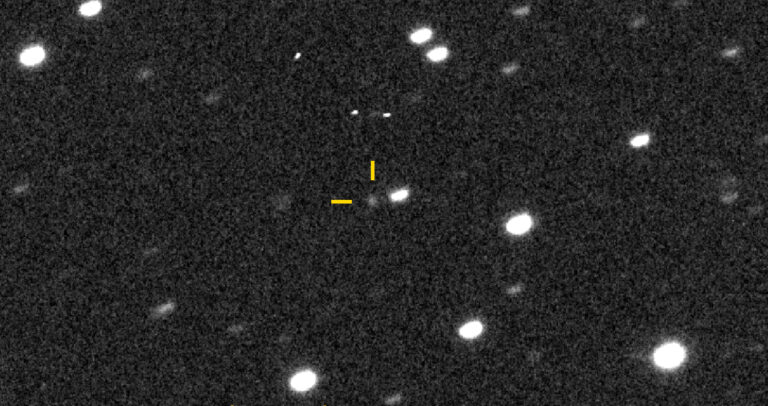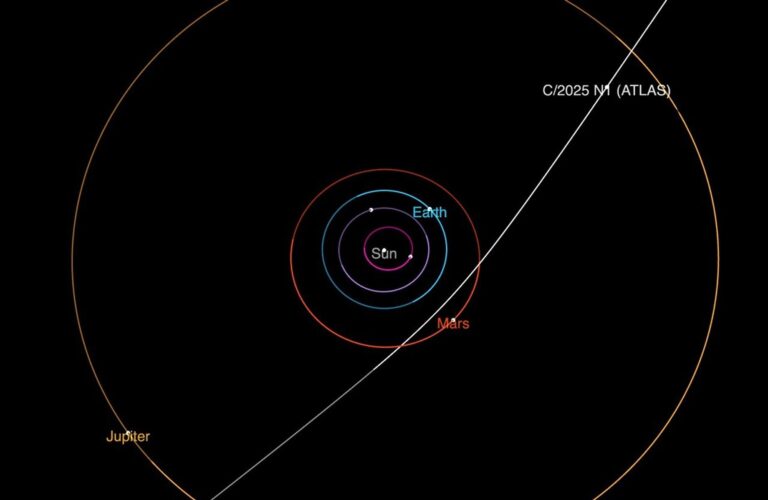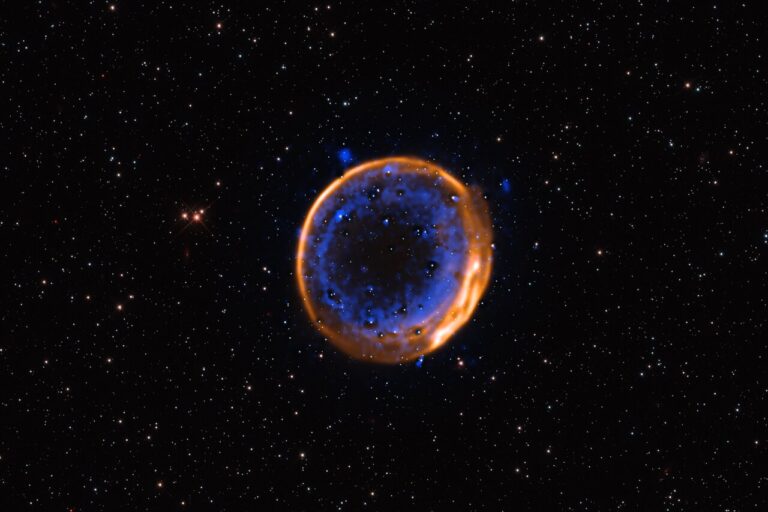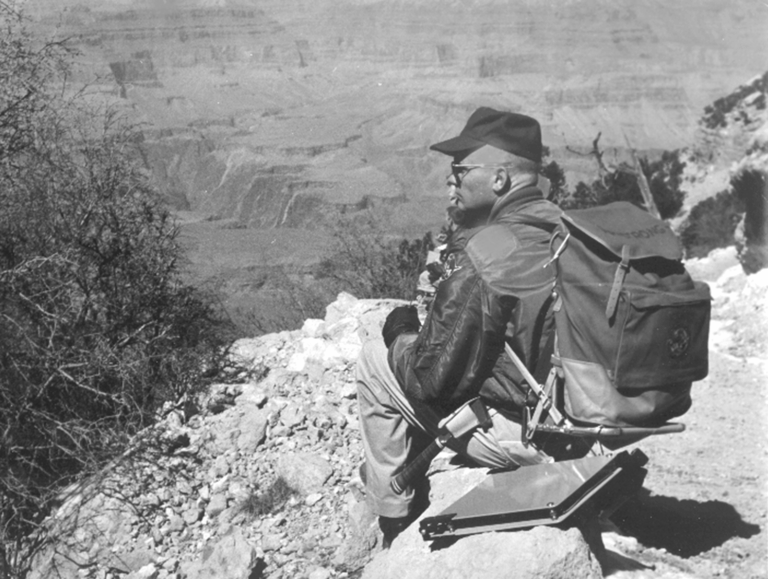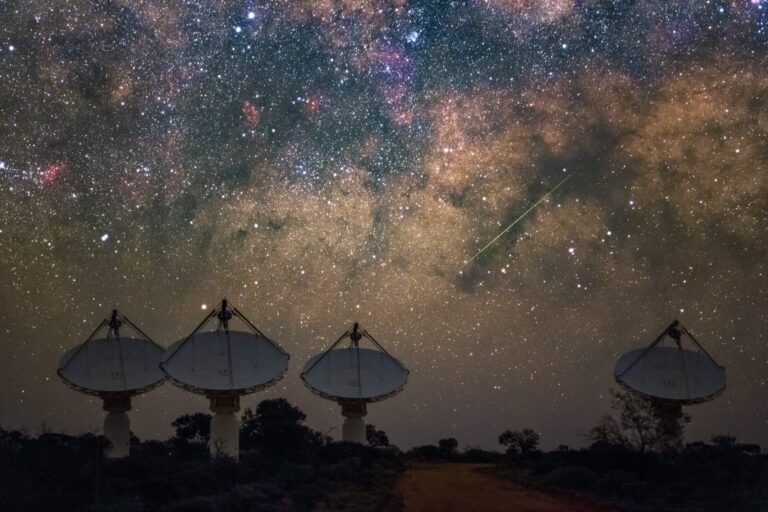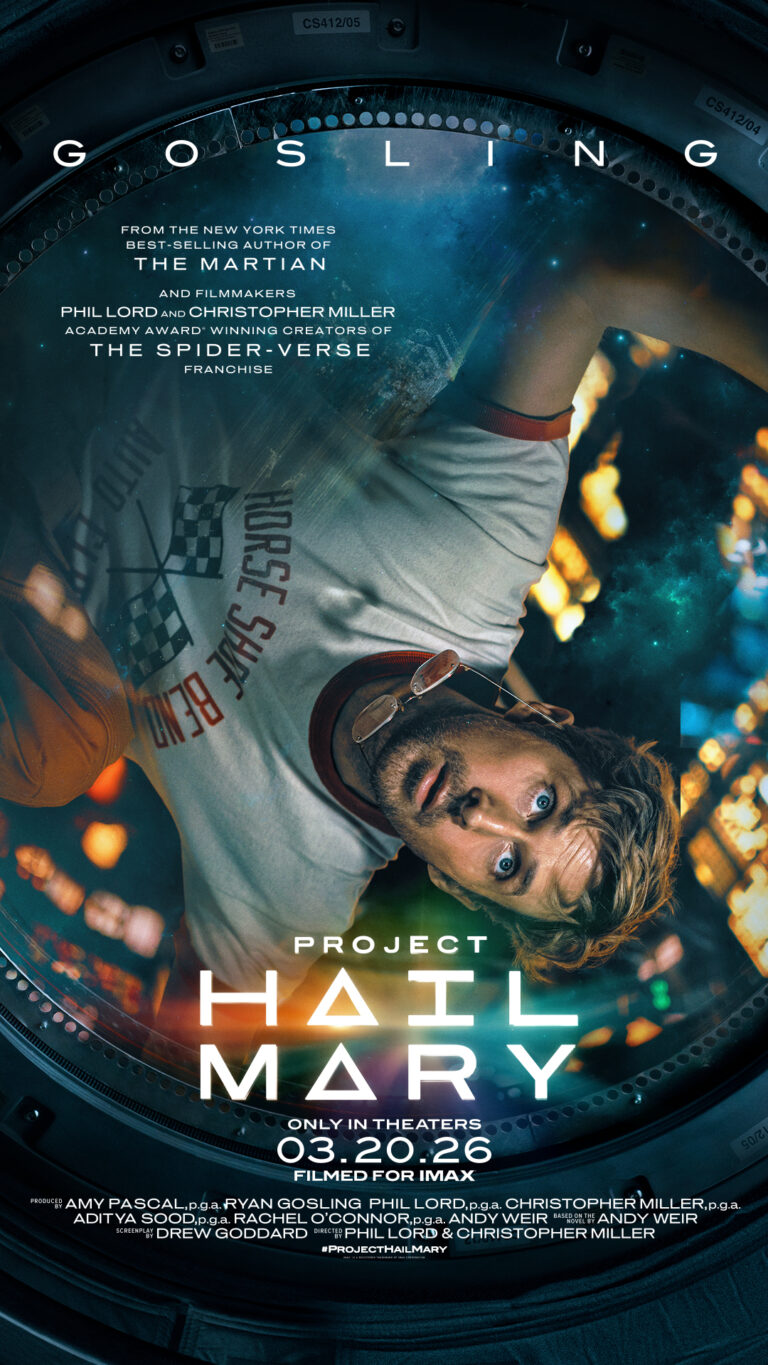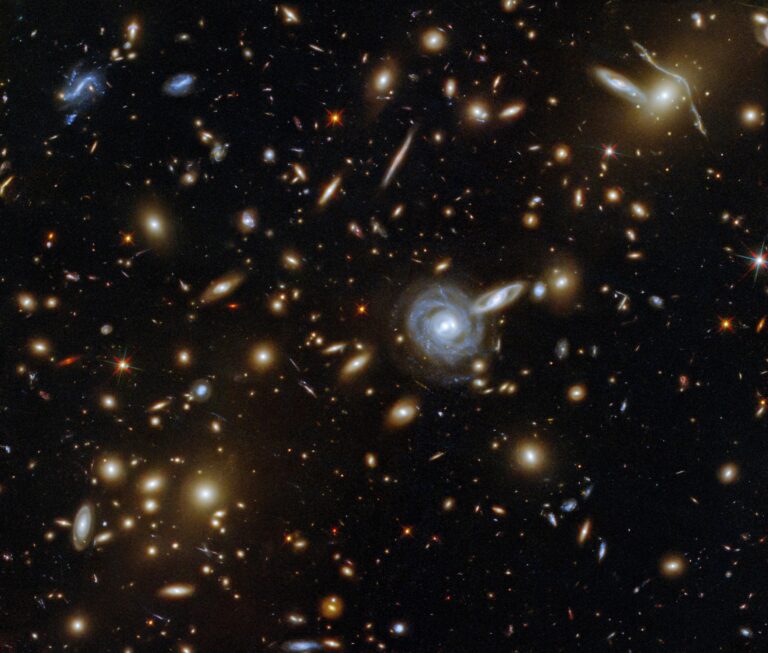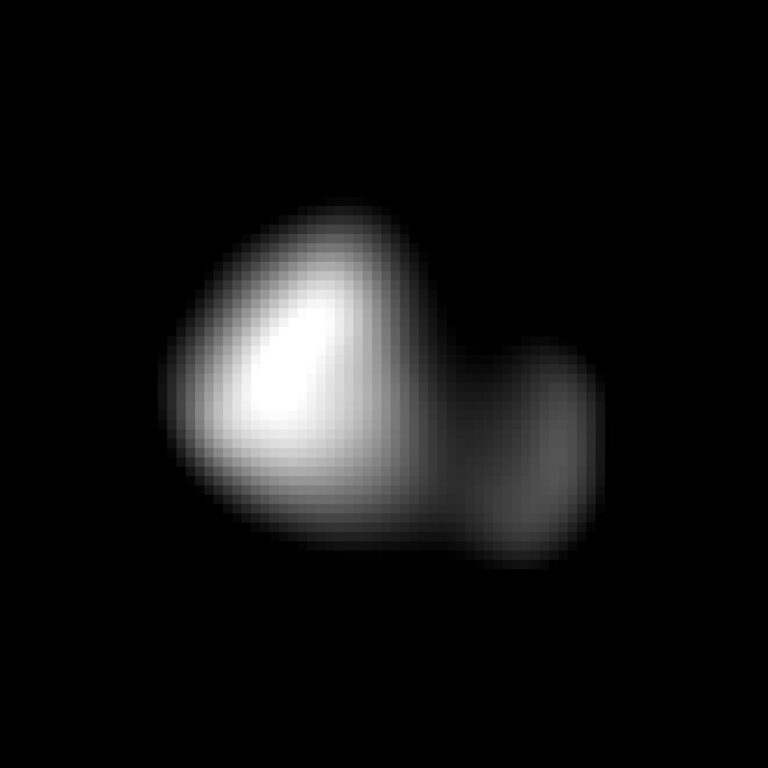Key Takeaways:
What convinced Galileo 400 years ago that Earth orbits the Sun and not vice-versa? How did one man make such a startling discovery, armed with just a 2-inch (5-cm) lens telescope?
To mark the United Kingdom launch of the International Year of Astronomy (IYA 2009), the Royal Astronomical Society (RAS), the Institute of Physics (IOP), and the Science and Technology Facilities Council (STFC) have surveyed the UK public to ask what Galileo is remembered for – and most people don’t know.
In the realm of explorers, Marco Polo is known to have made it to China, Columbus is known and celebrated for discovering the Americas, while in earthly science Newton is remembered for his gravity-confirming apple, and Einstein for his theory of relativity, but just how Galileo revolutionized the concept of our place in the universe is little understood.
Professor Andy Fabian, president of the Royal Astronomical Society, said, “As the UK embarks on a year-long celebration of astronomy, we want to highlight the huge significance of Galileo’s early observations of the night sky. Astronomers in the 21st century enjoy the legacy of the 400 years of work that followed, built on his pioneering discoveries.”
The results of the survey were announced at Wednesday’s launch of the International Year of Astronomy, held at the Royal Observatory Greenwich, London, where hundreds gathered to celebrate the importance and wonder of modern astronomy.
The results show that nearly one third of the UK is just as likely to associate the name Galileo with wine, fashion, or a famous ship before associating him with astronomy. Also of concern, almost three quarters of the UK credit Galileo with erroneous discoveries, such as Neptune or the black hole at the center of our Milky Way Galaxy, or simply don’t know what he discovered – the four large satellites of Jupiter.
“The UK is undertaking a massive drive to recruit scientists for the nation’s future prosperity, and it is well understood that astronomy continues to inspire young minds and help them appreciate science,” Professor Ian Robson, the UK chair for IYA 2009, said. “In publishing the results of this survey, we are not pointing a finger, just hoping to remind the UK how one man and one telescope changed the world forever and to encourage more people to look with awe and enthusiasm at the beautiful night sky.”
It was in 1609, exactly 400 years ago, that Galileo observed the moons of Jupiter, now known as the Galilean Moons, which he recorded in his treatise, the Sidereus Nuncius, published in 1610. The observation was very controversial as it proved that Earth was not the only center of movement in the universe. It also lent support to the idea that Earth moved around the Sun, a heretical belief which eventually led to Galileo’s imprisonment.


